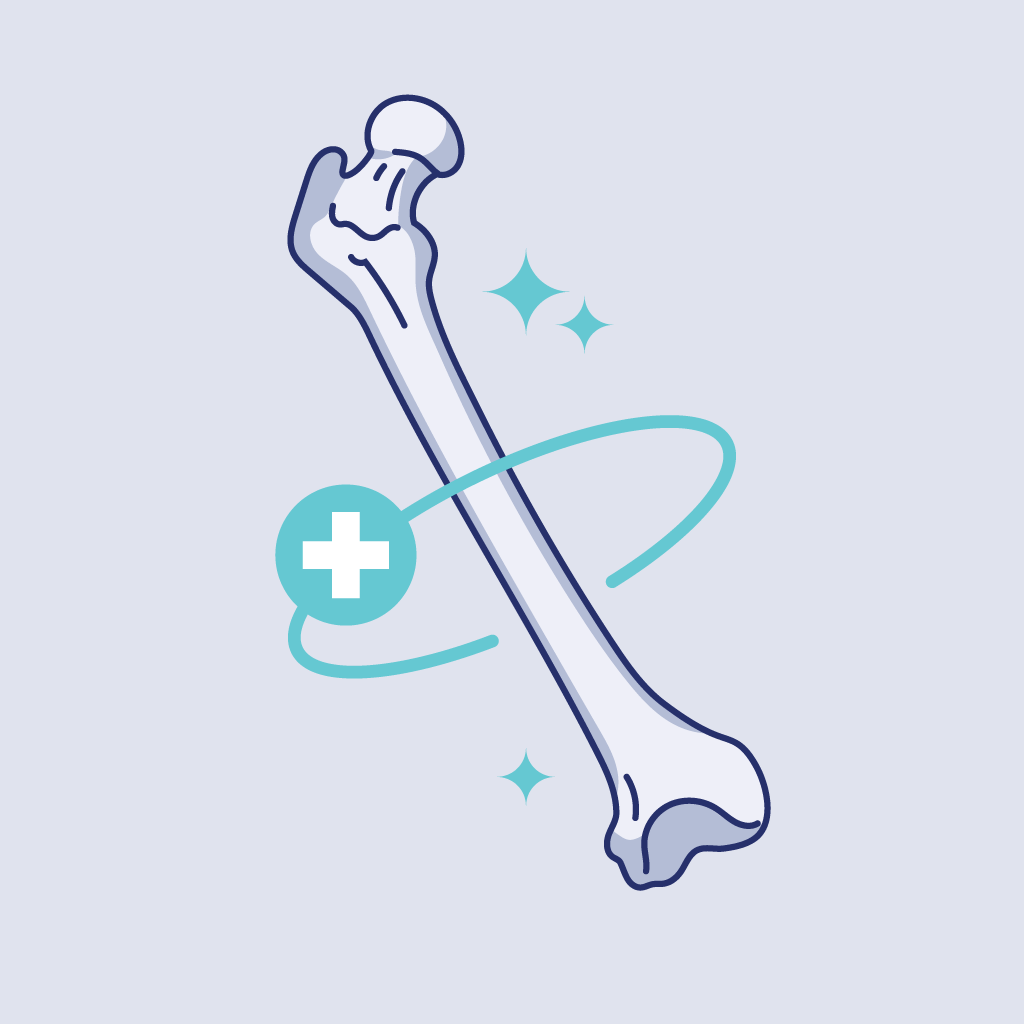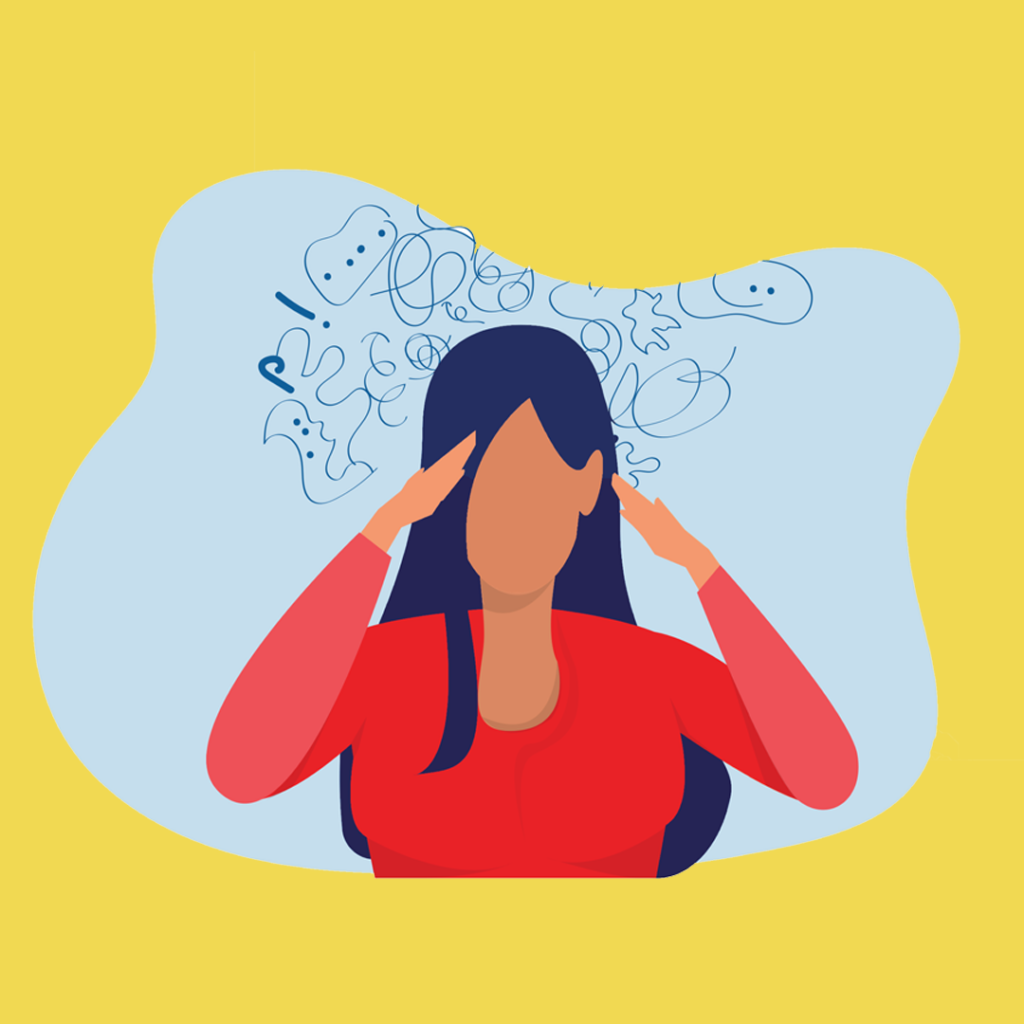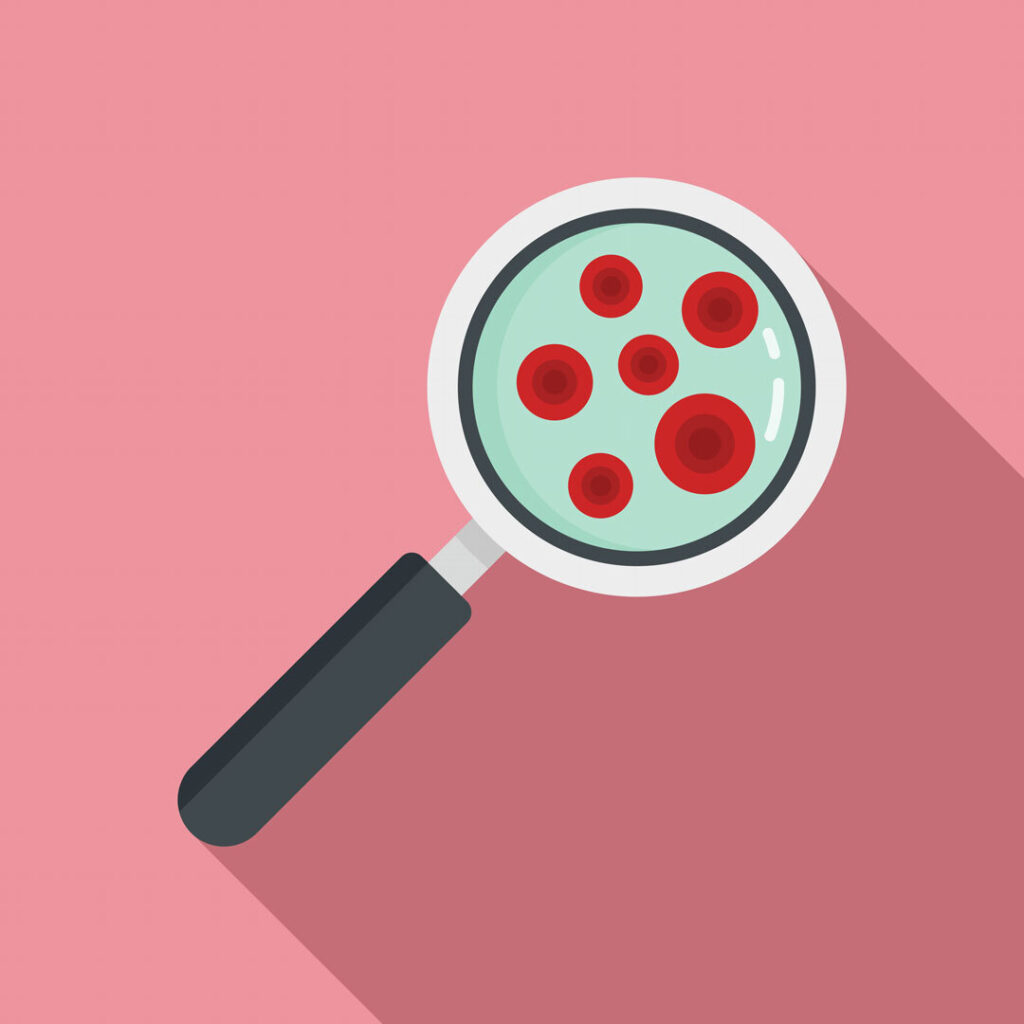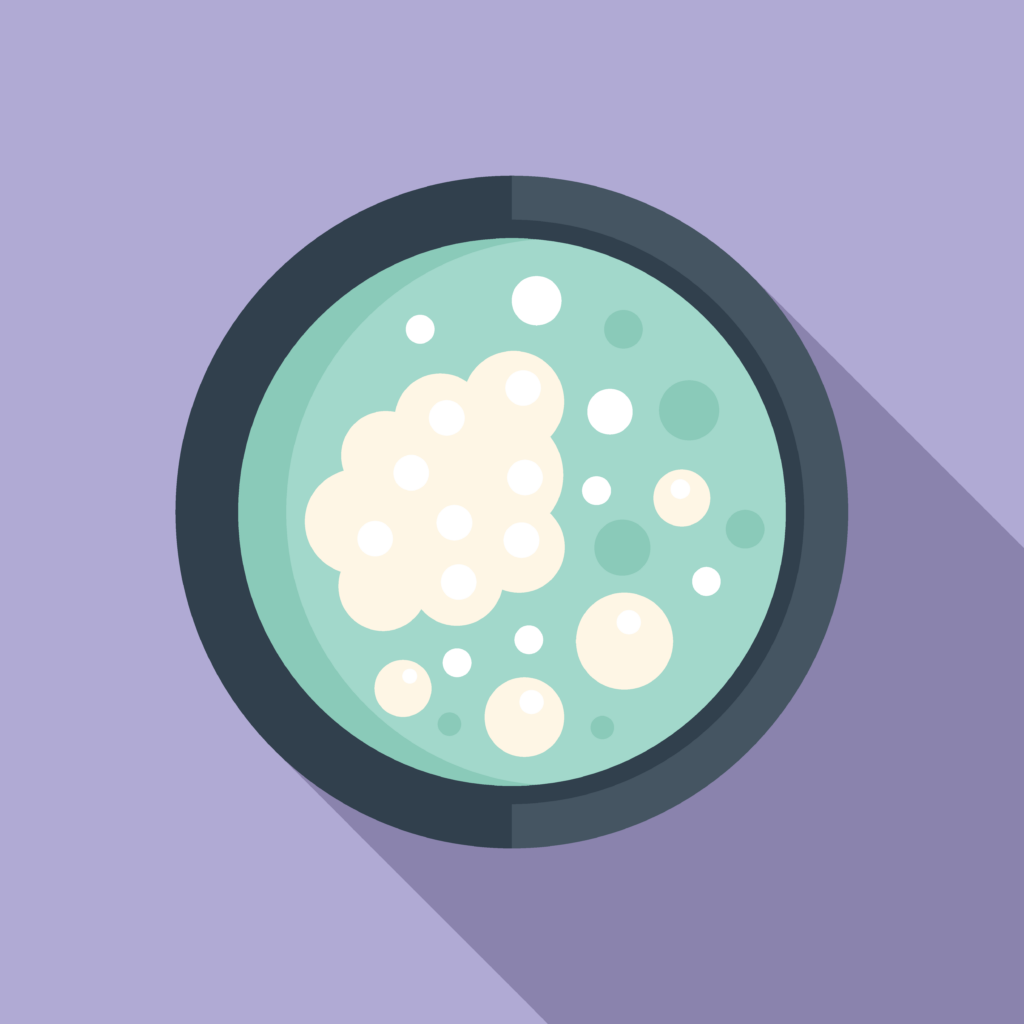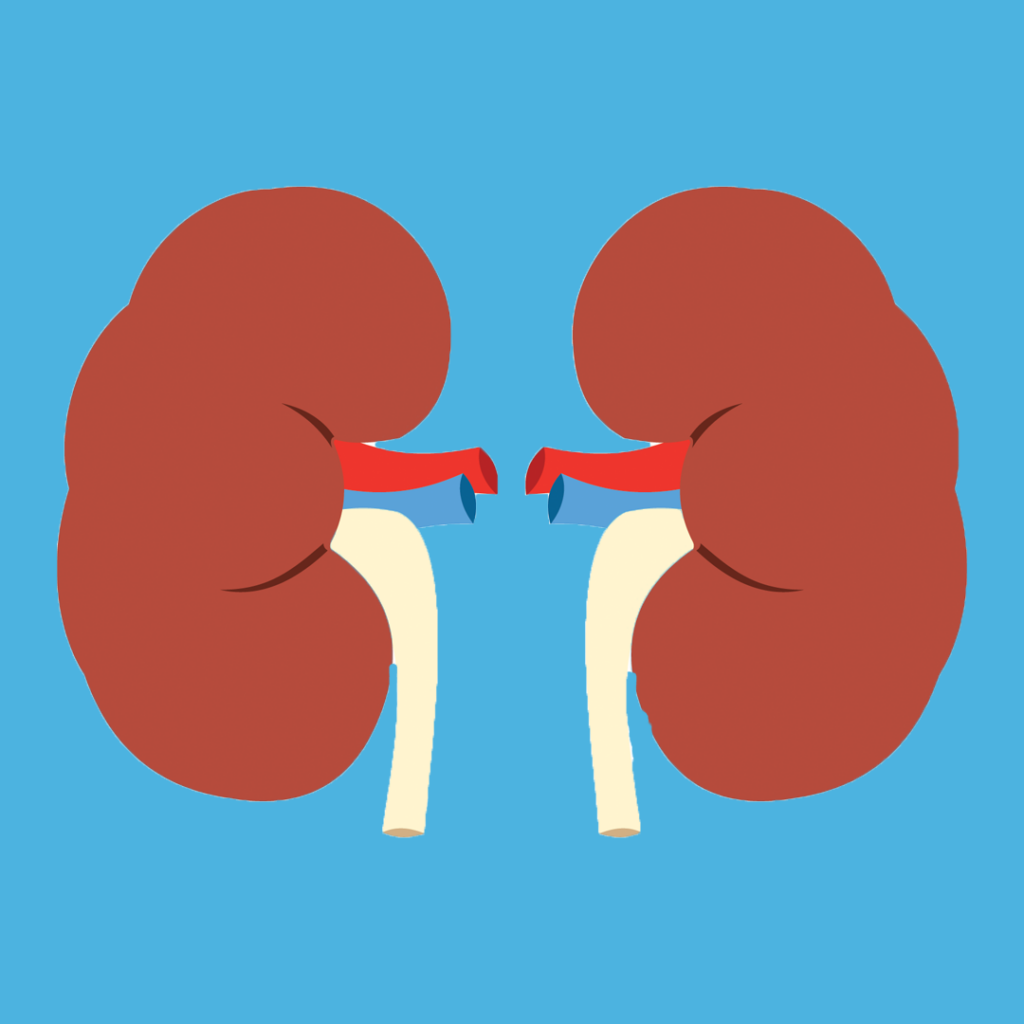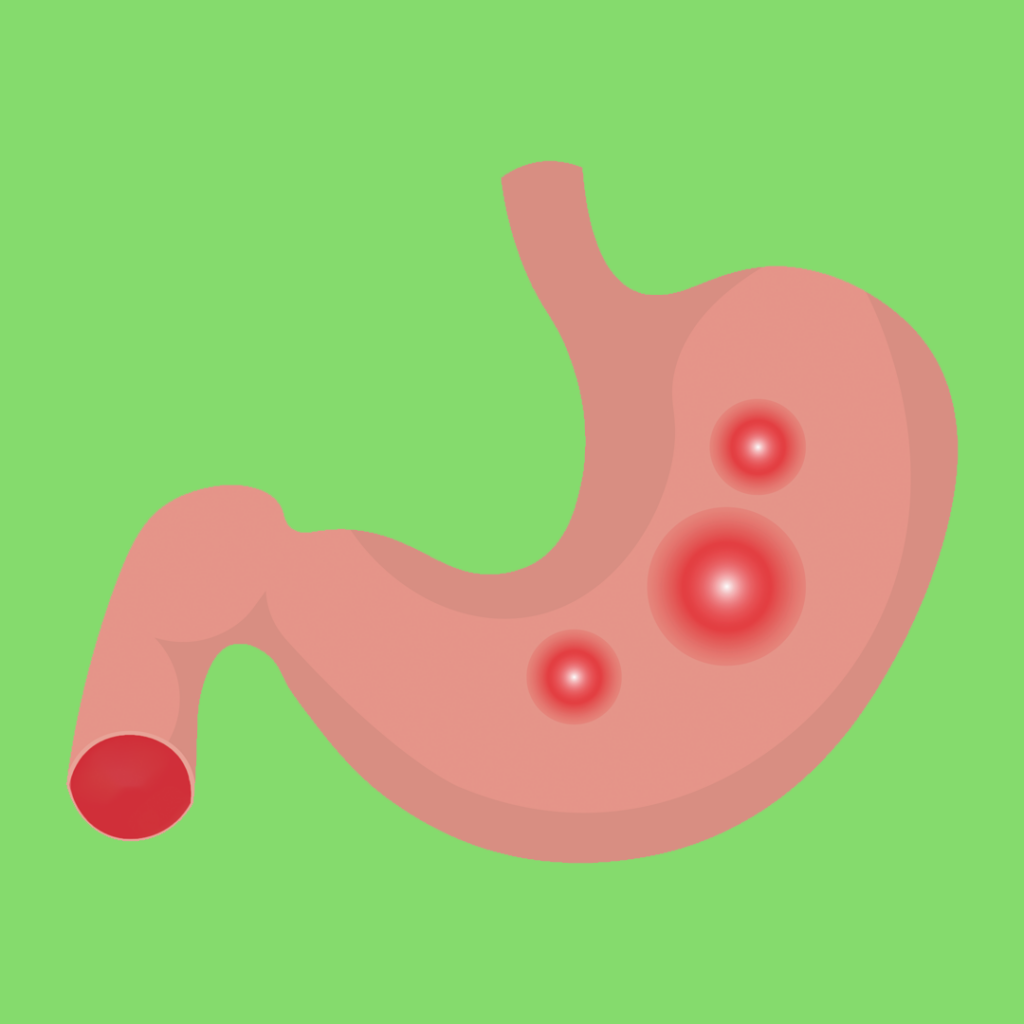Zinc for ADHD
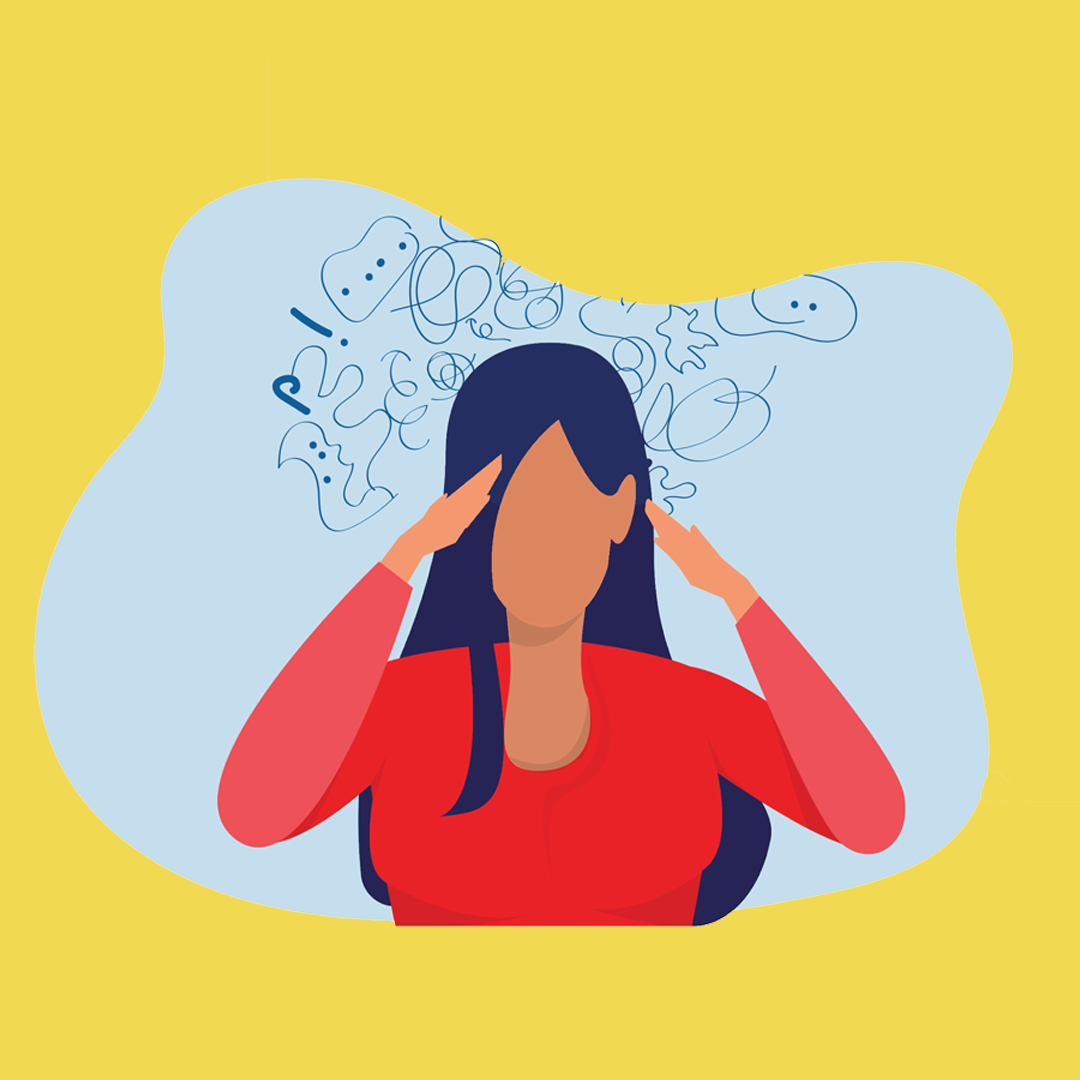
Questions answered in this article:
Do your keys love playing hide-and-seek with you? Do you have a PhD in procrastination? Do you have the attention span of – SQUIRREL! These behaviours could be an indicator of ADHD. Attention deficit hyperactivity disorder (ADHD) is an increasingly common neurodevelopmental disorder that is usually diagnosed during childhood, but can last throughout a person's life and can even progress into secondary anxiety and depression.
ADHD is characterized by prolonged and frequent exhibitions of:
- Inattention
- Hyperactivity
- Impulsivity
These symptoms can be downright frustrating and very confusing for the person experiencing them. Thankfully, research into ADHD has come a long way! It’s even showing that zinc plays an important role in regulating the symptoms effectively to ensure greater success at home, school, and work.
Understanding ADHD
ADHD was first recognized in 1902. It is classified as a neurodevelopmental disorder since it typically emerges during childhood and affects the development of various cognitive functions.
Common ADHD symptoms
Symptoms of ADHD are split into two categories: predominantly hyperactive or impulsive and predominantly inattentive - but some people exhibit qualities from both.
Hyperactive and impulsive symptoms involve persistent issues with:
- Sitting still
- Interrupting others
- Time management
- Organization
- Relaxation & sleep
- Self-esteem
Inattention symptoms involve persistent issues with:
- Meeting deadlines and following instructions
- Completing tasks
- Listening and focusing
- Organization
- Memory and absentmindedness
- Distraction
In both circumstances, ADHD causes emotional dysregulation in which a person displays “big feelings” and finds it very difficult to calm themselves down. These symptoms can negatively affect personal relationships, disrupt academic and work performance, and cause challenges with self-esteem and confidence.
How ADHD causes these symptoms
The neurology of ADHD is complex, but there are several key aspects to consider when it comes to brain development and activity:
Brain structure
When compared to a neurotypical brain, research shows that individuals with ADHD have differences in the size and function of certain brain regions, specifically the prefrontal cortex which is related to attention and impulse control.
Neurotransmitters
These are chemicals in the brain that transmit signals between nerve cells. In ADHD, there is often an imbalance in dopamine and norepinephrine. These neurotransmitters play a crucial role in regulating attention and impulse control.
Frontal-striatal circuitry
This is one of the key neural circuits involved in ADHD. It connects the prefrontal cortex (responsible for executive functions) and the basal ganglia (involved in motor control and reinforcement learning). Dysregulation in this circuit is thought to contribute to symptoms of ADHD.
How can zinc help?
There are many great characteristics that develop in people with ADHD, but some of the more disruptive symptoms can make even simple tasks seem daunting. It’s important to ensure neurotransmitters are getting everything they need to keep the brain working efficiently! Zinc is an essential trace mineral that plays a crucial role in nearly 100 bodily functions, including metabolism for neurotransmitters such as melatonin and dopamine.
Dopamine
Dopamine is involved in feelings of pleasure and regulating attention. People with ADHD have at least one defective gene, the DRD2 gene, making it difficult for neurons to respond to dopamine. This makes ADHD brains seek out dopamine hits by other means such as eating more carbs and sugar, which delivers dopamine to the brain almost instantly. In other words, eating lots of sugar doesn’t cause ADHD, but can be a symptom. Dopamine also regulates the reward system, and when dopamine levels are low, it can result in a reduced ability to delay gratification and make more thoughtful decisions. This can manifest as impulsive behaviour.
Melatonin
Melatonin is a hormone secreted by the pineal gland in the brain, and is primarily related to sleep regulation. The pineal gland reacts to night and day, releasing the highest levels of melatonin during the night to help you fall asleep, and minimal amounts during the day so you can wake up. Many ADHDers have trouble falling asleep, staying asleep, or having restorative sleep since they are easily distracted and find it tough to stop projects, tune out interruptions, stay on schedule, and go to bed. Even once in bed, it can be hard to relax the mind enough to get to sleep. Research suggests that up to 75% of adults who have had ADHD since childhood experience sleep disturbances.
Zinc is involved in the synthesis, storage, and release of neurotransmitters, including dopamine, which regulates mood, motivation, and reward. Using zinc can regulate dopamine levels, which is particularly helpful for those with ADHD since the brain won’t be trying to find ways to increase dopamine by participating in impulsive behaviours.
Zinc is also involved in the enzymatic processes that convert serotonin into melatonin, both of which occur naturally in the body. Better sleep can help ADHDers maintain focus, control impulses, and manage hyperactivity.
To up your zinc intake, try adding these foods to your diet:
- Shellfish
- Chickpeas and legumes
- Beef and pork
- Hemp seeds
- Tofu
The amount of zinc required varies by sex and age, so it’s important to follow the suggested daily amount:
Age Male Female
4–8 years 5 mg 5 mg
9–13 years 8 mg 8 mg
14–18 years 11 mg 9 mg
19+ years 11 mg 8 mg
The superpowers of ADHD
While many of the above symptoms can be challenging in a neurotypical environment, there are many strong positives to having ADHD.
- Creativity: Many ADHDers naturally think outside the box and often excel in artistic, musical, or inventive endeavours.
- Multi-tasking: Though studies say multitasking can be ineffective, many with ADHD thrive and excel when doing many tasks at once.
- Enthusiasm and charisma: Boundless energy and curiosity can make ADHDers passionate advocates and leaders in various fields.
- Rapid processing: Some individuals with ADHD process information quickly, allowing them to make connections and solve problems faster than others.
- Intuition and empathy: When big feelings are allowed to be expressed safely and managed effectively, they can offer insights that go beyond rationality.
Understanding and effectively managing ADHD is crucial for individuals seeking to navigate the challenges and harness the exceptionalities associated with this condition. By recognizing the importance of zinc and its impact on cognitive function and mood regulation, those with ADHD can take proactive steps towards optimizing their well-being, managing ADHD symptoms, and enhancing overall quality of life.

